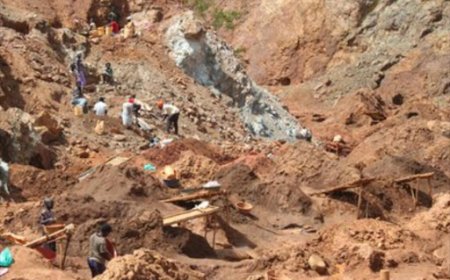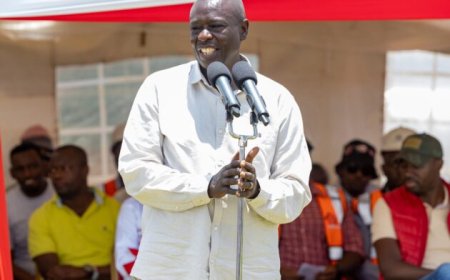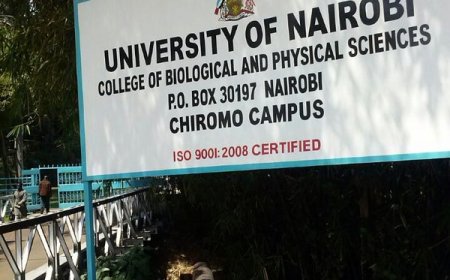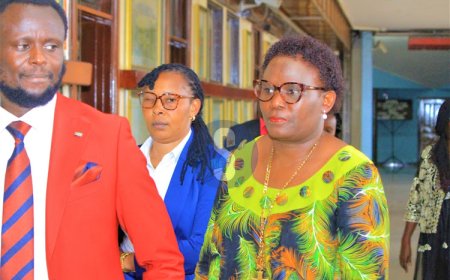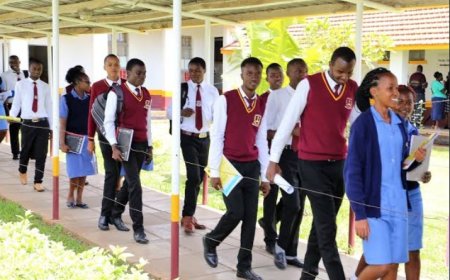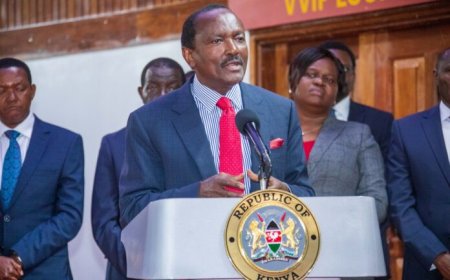ACCEPTING THE HISTORY, CURRENT STATE, AND FUTURE OF RADIO
Radio's centennial legacy bears witness to its timeless qualities and ongoing influence in a variety of fields, including news, theater, music, and sports. Radio continues to be a reliable source of news and entertainment for millions of people worldwide, even in the face of competition from digital platforms, social media, and financial limitations.
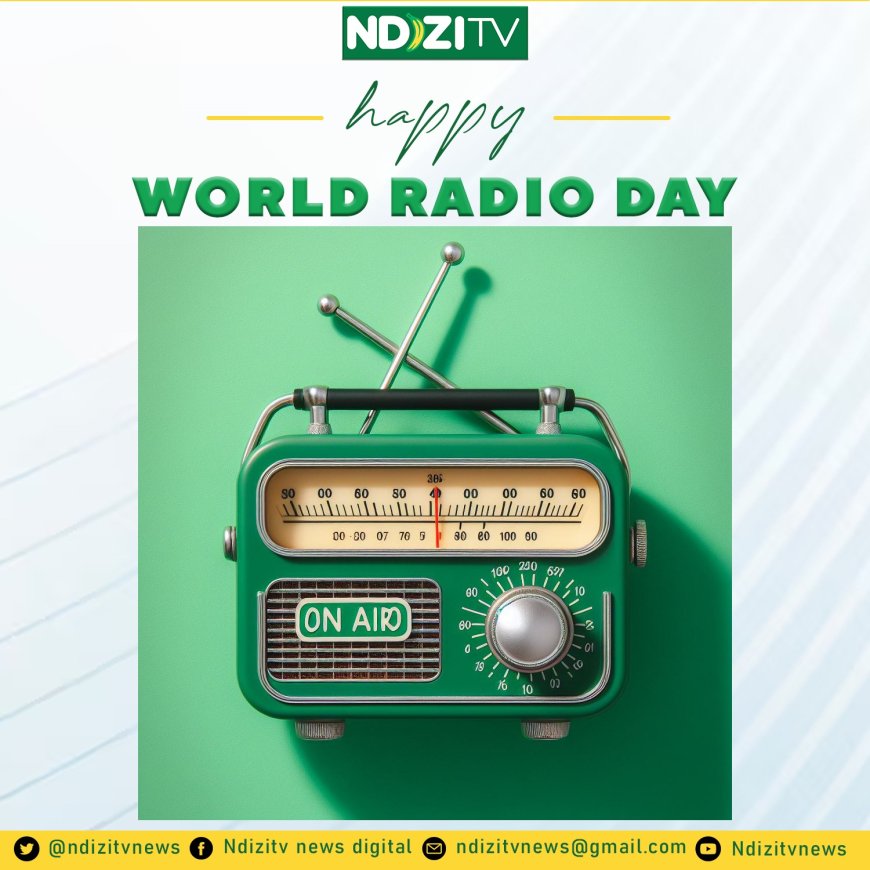
The topic of 2024's World Radio Day highlights the incredible journey of this lasting medium, from its illustrious past to its significance in the current digital era and its promise for a dynamic future.
Radio's centennial legacy bears witness to its timeless qualities and ongoing influence in a variety of fields, including news, theater, music, and sports. Radio continues to be a reliable source of news and entertainment for millions of people worldwide, even in the face of competition from digital platforms, social media, and financial limitations.
Furthermore, radio is essential for promoting community cohesion and elevating the voices of underrepresented groups, such as minorities, immigrants, and those from lower socioeconomic backgrounds. It provides a forum for democratic dialogue and free speech, showcasing the range of societal viewpoints.
UNESCO invites radio broadcasters to incorporate their distinct cultural identities and styles into their World Radio Day festivities, acknowledging the diversity of radio broadcasting across the globe. Every organization, ranging from public to non-profit and commercial stations, adds to the diverse fabric of worldwide radio transmission.
In addition, World Radio Day offers radio stations a chance to network with their global peers, encouraging intercultural communication and cooperation. To further develop the global community of radio broadcasters, UNESCO welcomes broadcasters to participate in on-air exchanges and collaborative broadcasts.
Let's embrace radio's ability to develop and change over the next century as we honor its timeless history. Radio is still a potent force for happiness, knowledge, and freedom of speech, and it has countless opportunities to be relevant and influential in the future.
Let's commemorate the history, present, and future of this amazing medium on this World Radio Day, reiterating its position as a vital component of international communication and cross-cultural interchange.
What's Your Reaction?











